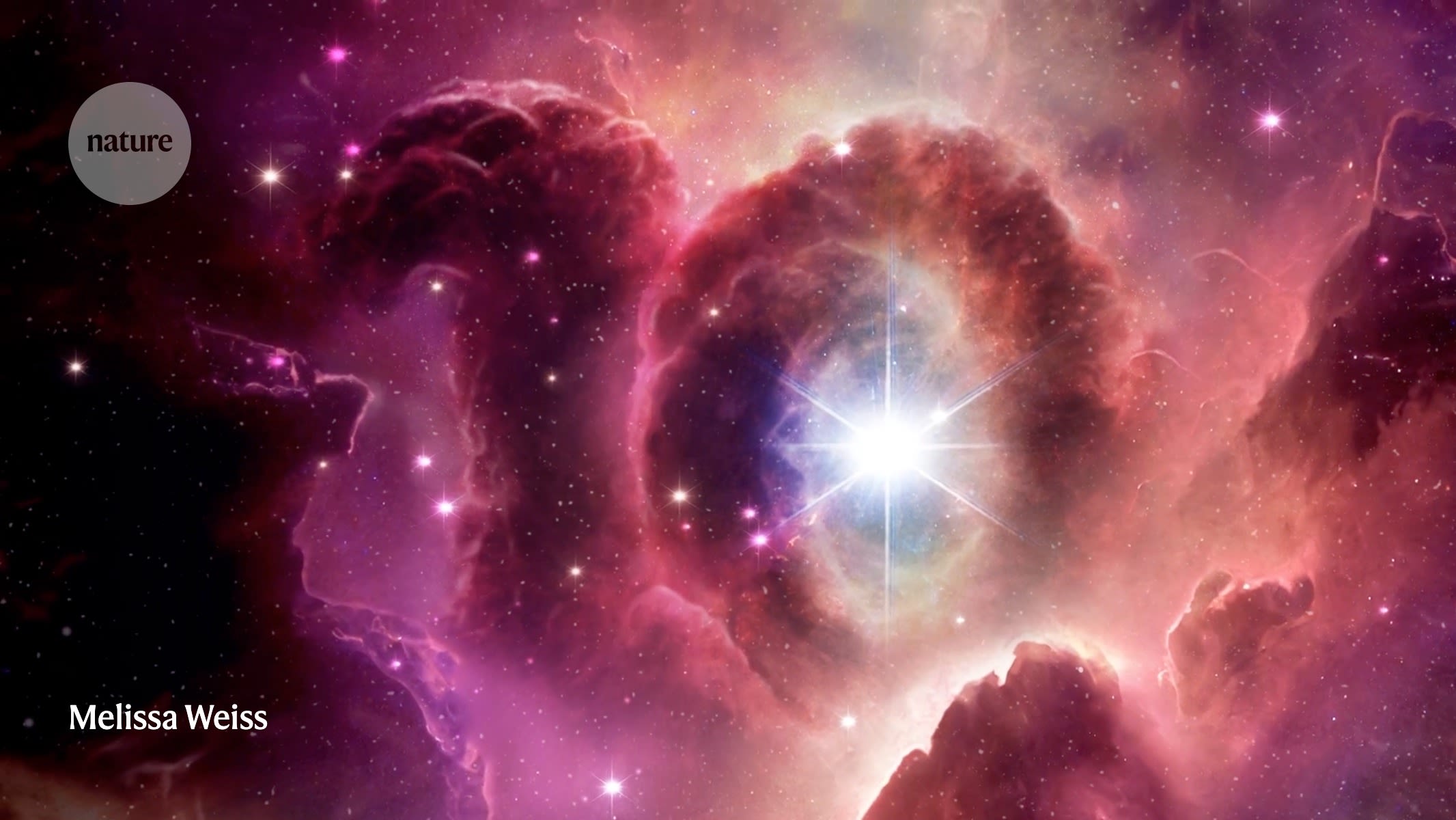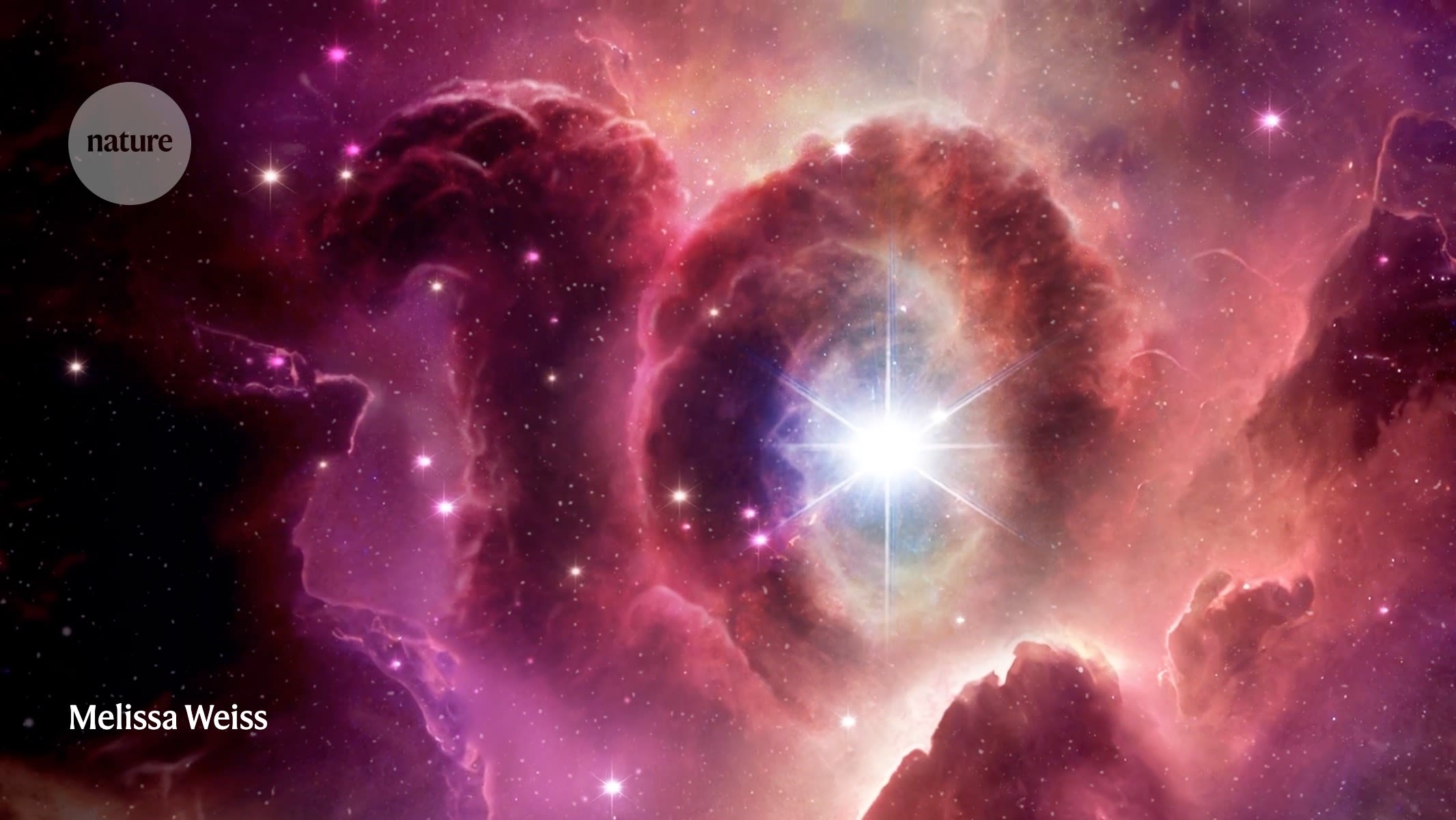
SVITLANA KRAKOVSKA: Voice for Ukraine
An IPCC scientist became an international advocate for her country and linked Russia’s invasion to climate change, calling it a ‘fossil-fuel war’.
By Aisling Irwin
On the morning of Thursday 24 February, Svitlana Krakovska could hear missiles falling in nearby parts of Kyiv while she sat in her apartment attending a video conference with representatives of 93 countries. The delegates to the meeting of the United Nations Intergovernmental Panel on Climate Change (IPCC) were finalizing their highly anticipated report on the impacts of the warming world. Krakovska, head of Ukraine’s delegation, didn’t know what to do. Should she use the meeting to protest against the Russian invasion going on around her?
“I understood that the IPCC is not a political body, and I didn’t want to undermine it,” says Krakovska, who runs the Applied Climatology Laboratory at Kyiv’s Ukrainian Hydrometeorological Institute. “But this was an exceptional situation.”
The bombings forced Krakovska to drop out of much of the IPCC meeting; with her husband and four children, she was making preparations to survive the war. But after deliberating for three days, and despite being “pretty shy”, she decided to speak at the closing plenary. “I was so angry,” she says.
“This human-induced climate change and war against Ukraine have direct connections and the same roots: they are fossil fuels and humanity’s dependence on them,” she told delegates. “The ease of receiving energy from burning coal, oil and gas has changed the balance of power in the human world.”
The response was overwhelming. Delegation after delegation voiced solidarity with Ukraine, including the representative of Russia, Oleg Anisimov, who apologized for the attack.
“I was in tears,” says Krakovska. “At that moment, we so much needed this support.” She later received calls and private messages — tens of them every day, she says. Some researchers offered her refuge and scientific positions elsewhere.
Krakovska and her family have not moved from Kyiv, partly because her father was seriously ill and in a care home, before he died in April. But the international attention that followed the IPCC meeting has changed her life. A friend persuaded her to accept invitations to speak at major events around the world. That has launched Krakovska into the public eye as a campaigner both for climate action and for Ukraine; she has called Russia’s invasion a “fossil-fuel war”.
Krakovska did not start her career in climate science: her first IPCC meeting was only nine years ago, in Stockholm in 2013. Born in Kyiv in 1969, she studied meteorology in Leningrad (now St Petersburg, Russia) and became a cloud physicist, working on cloud-seeding experiments to enhance precipitation in the Ukrainian steppes. In her spare time, she climbed every mountain system in the former Soviet Union.
As a postdoc in the 2000s, she discovered the incipient field of regional climate modelling and became the first Ukrainian scientist to apply it to her country. She found that many in Ukraine — including some scientists — dismissed the threat of climate change, either saying they didn’t believe it, or arguing that it wouldn’t have much impact in a country far from oceans, tropics or polar regions.
At the 2013 IPCC meeting, she was impressed to see how rigorous science can be rendered understandable to policymakers. And when the scientists spoke, everyone was listening. “I’m not used to being listened to so carefully.”
Krakovska persuaded other Ukrainian scientists to join the IPCC, including Yakiv Didukh, an ecologist at the M. G. Kholodny Institute of Botany in Kyiv, who praises her “charisma” and “modesty”. The experience boosted scientists’ domestic influence: last October, Ukrainian senior ministers approved a strategy for environmental security and adaptation to climate change up to 2030.
After the meeting in February this year, Krakovska left Ukraine to speak at events including the European Geosciences Union in Vienna and the World Economic Forum’s annual gathering in Davos, Switzerland. In September, she chaired a meeting, virtually, on rebuilding Ukrainian science at the UN General Assembly in New York City. She also attended side events at the COP27 climate conference in Sharm El-Sheikh, Egypt, saying that the world should emulate Ukrainians’ determination in the war against Russia to fight climate change.
Back in wintry Kyiv, Krakovska is struggling with intermittent electricity, heat and water — while missiles have continued to land kilometres from her home — but she is thankful for amenities such as a mobile-phone connection, albeit weak. She continues to work on climate-change projections for Ukraine and hopes to convene postponed webinars explaining the IPCC reports. She is spending the fees she earns from international work and speaking engagements on purchasing electricity generators for other Ukrainians.
Around her, Ukraine’s citizens, including scientists, are struggling. Some 131 Ukrainian universities and colleges have been damaged in the war and 22 destroyed; more than 50 research institutions are either damaged or destroyed, says Olga Polotska, executive director at the National Research Foundation of Ukraine in Kyiv. Laboratory equipment has been stolen, too, Polotska adds, including more than US$10 million worth of kit from the Chernobyl nuclear power plant. And around 1,300 scientists affiliated with the National Academy of Sciences of Ukraine have left the country.
For those scientists in Ukraine who can still do work, Krakovska adds, “it’s very difficult when you need to think about survival”.
Ko Barrett, an IPCC vice-chair and a senior adviser for climate change at the US National Oceanic and Atmospheric Administration in Washington DC, praises Krakovska’s decision to speak up in February. “We’re scientists, but we’re humans,” she says. “There’s nobody who stands where she stands who can tell the same story”.








